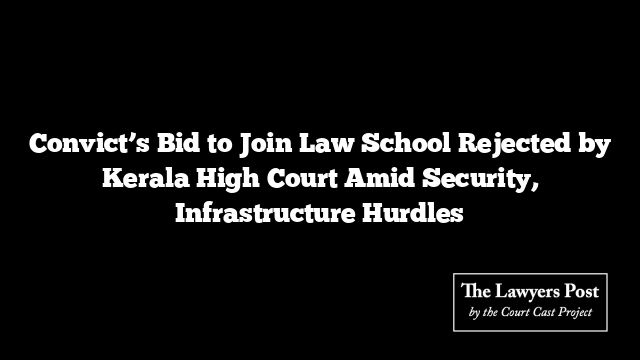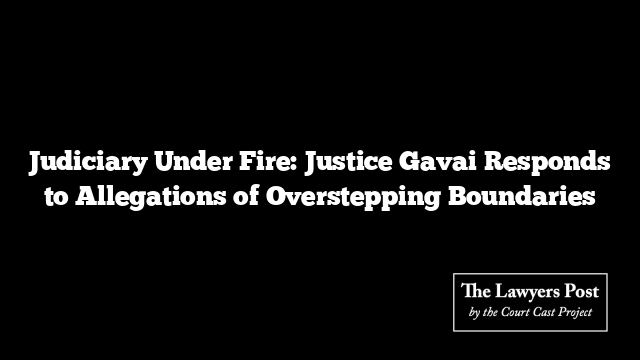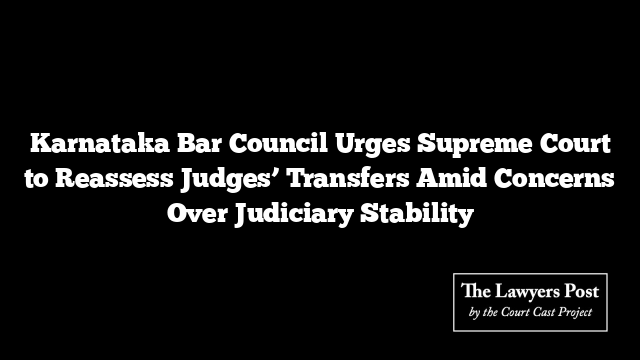In a case that stirred debate over the balance between rehabilitation and regulation, the Kerala High Court has refused to grant interim bail to a man convicted under the POCSO Act, who sought a temporary release to pursue legal education.
The petitioner, a 35-year-old former school teacher serving time for the sexual assault of minors, had asked for a one-month bail to complete admission formalities for an LLB course at a college in Mangalore. His plea, however, ran into firm judicial resistance.
The Court acknowledged the prisoner’s ambition to study law, but pointed out that aspirations—even those protected under the Constitution—cannot bypass the barricades of incarceration. The right to education, it observed, must operate within the confines of prison rules and logistical feasibility.
The State, through a detailed report from the Central Prison, Kannur, flagged serious concerns: over 1,050 inmates, insufficient staff, inadequate internet access, and an inability to ensure online learning wouldn’t be exploited for unlawful activity. The prospect of setting a precedent also weighed heavily—one approval might open the floodgates to similar requests, stretching the prison’s fragile resources even thinner.
The High Court concurred, stating that while prisoners retain all fundamental rights except those lost inherently through confinement, the practical exercise of those rights cannot override systemic limitations.
It underscored that the Kerala Prison Rules do allow for educational pursuits—via correspondence or temporary release—but such privileges rest with State authorities, not judicial mandates. The Court encouraged the petitioner to approach the State through proper channels, rather than expecting judicial intervention in a matter entangled with policy.
The bench also dismissed comparisons to a previous ruling where two prisoners were allowed online LLB studies, emphasizing that the institutional support and infrastructure present in that case were absent here.
At its core, the verdict signals a tough but measured stance—while the doors of learning are not shut to those behind bars, they are not to be flung open without careful scrutiny, especially when the scales tip toward public interest and prison security.





